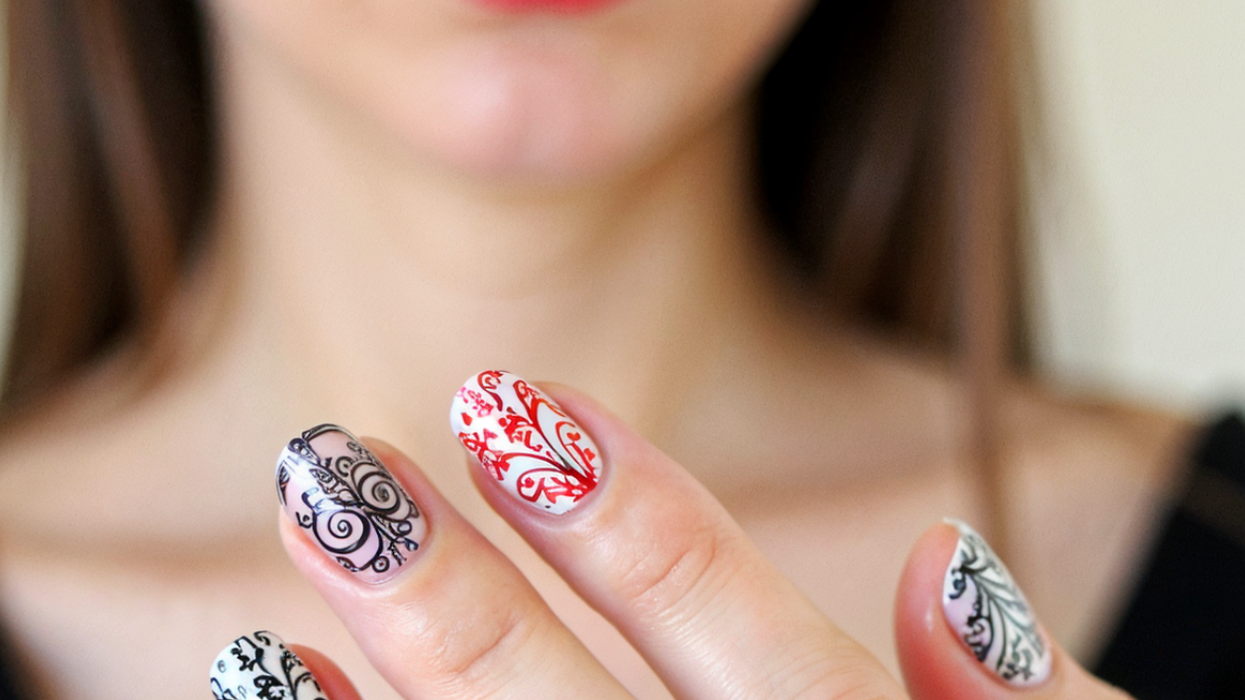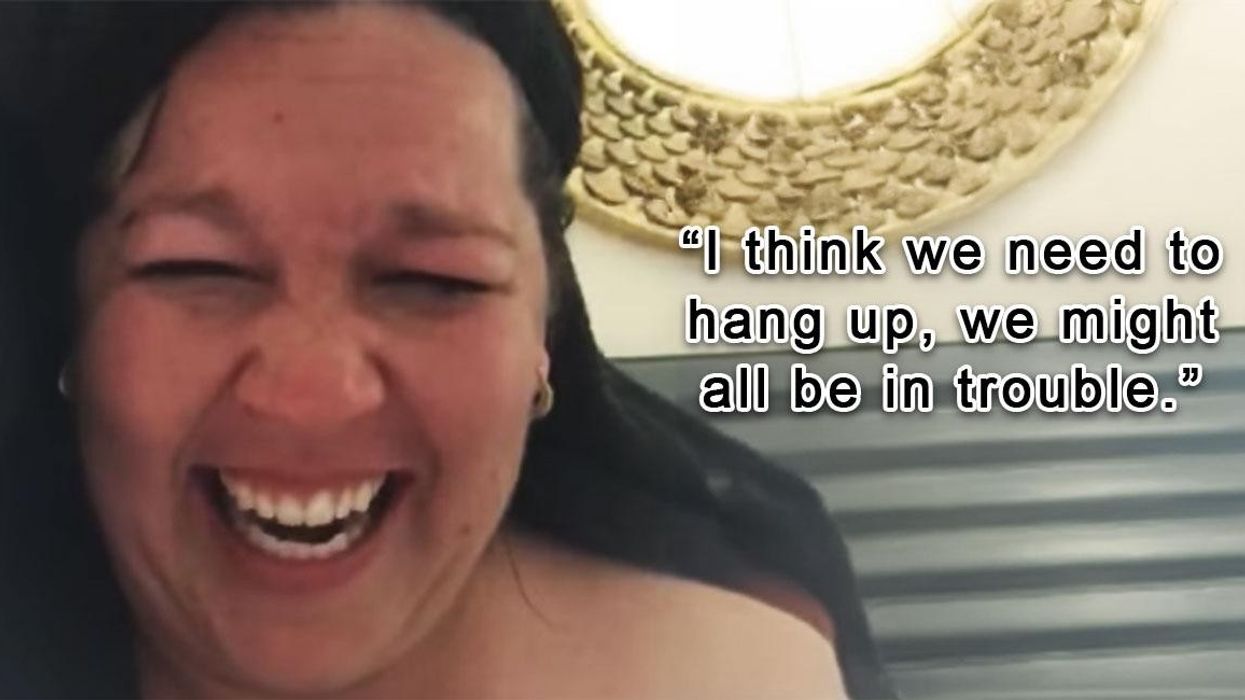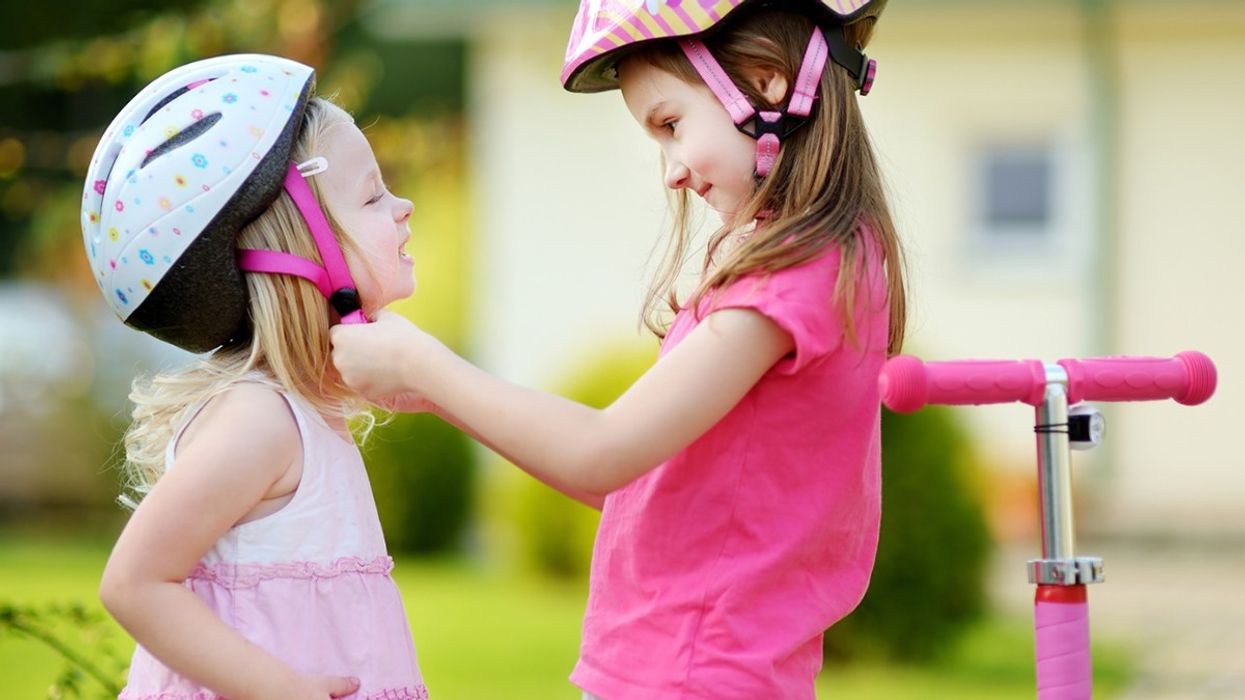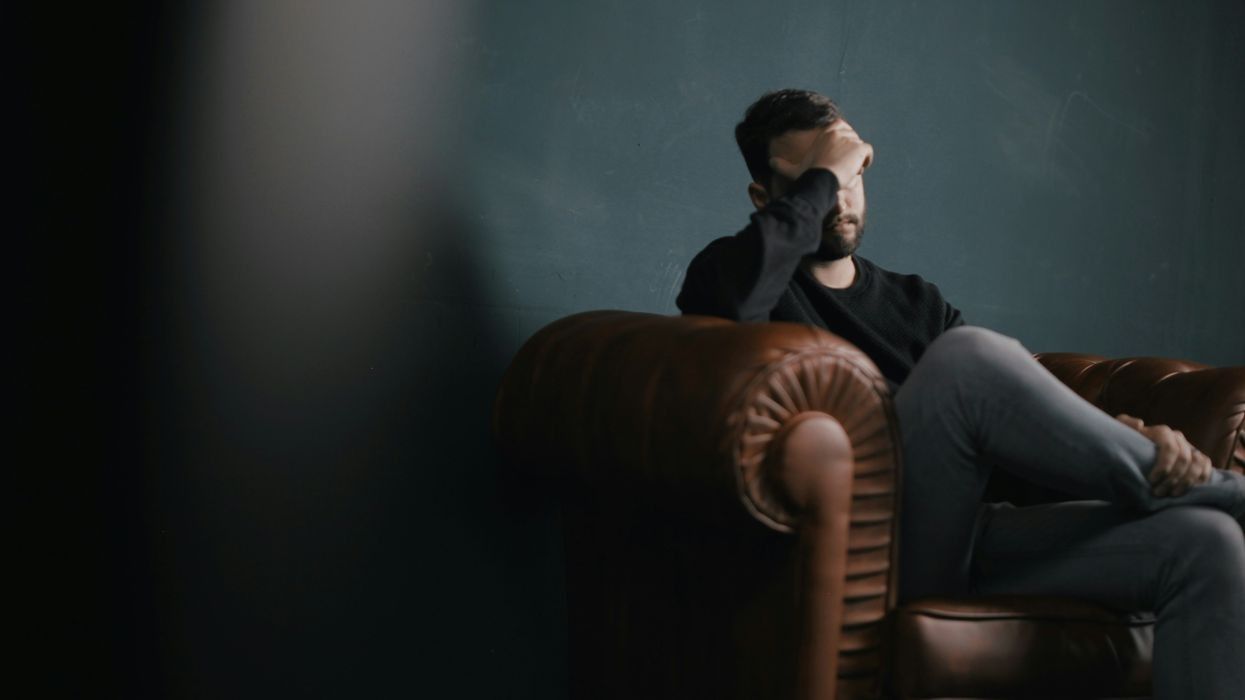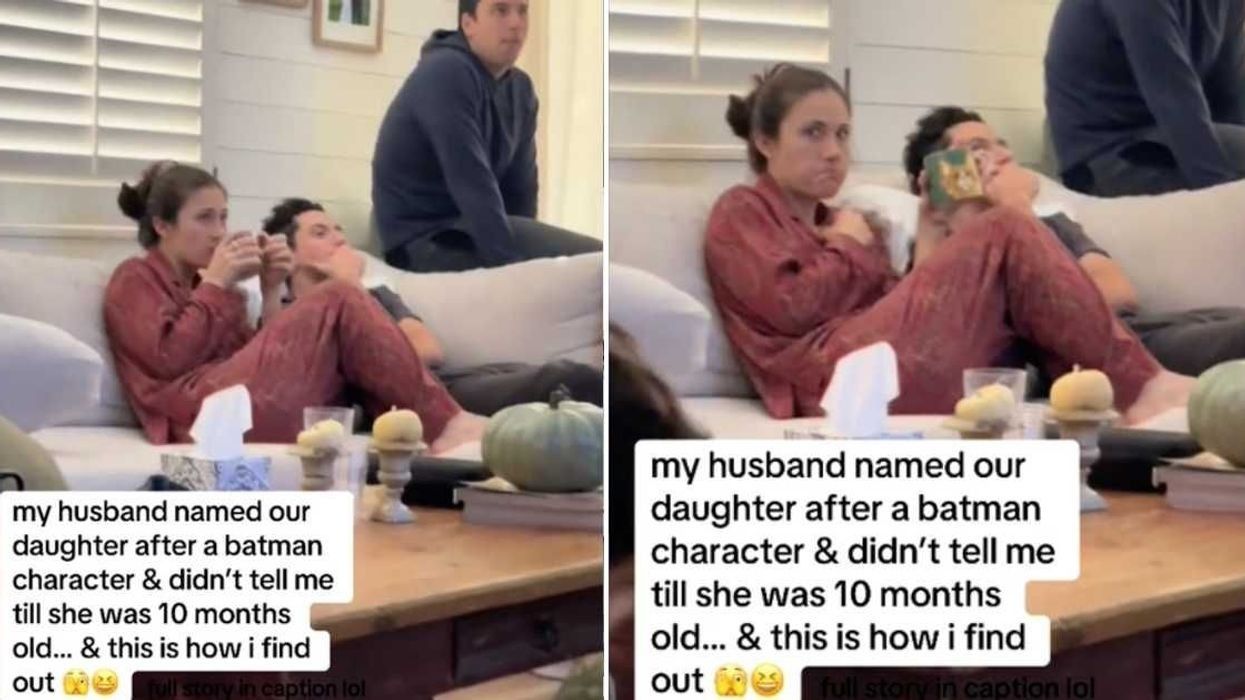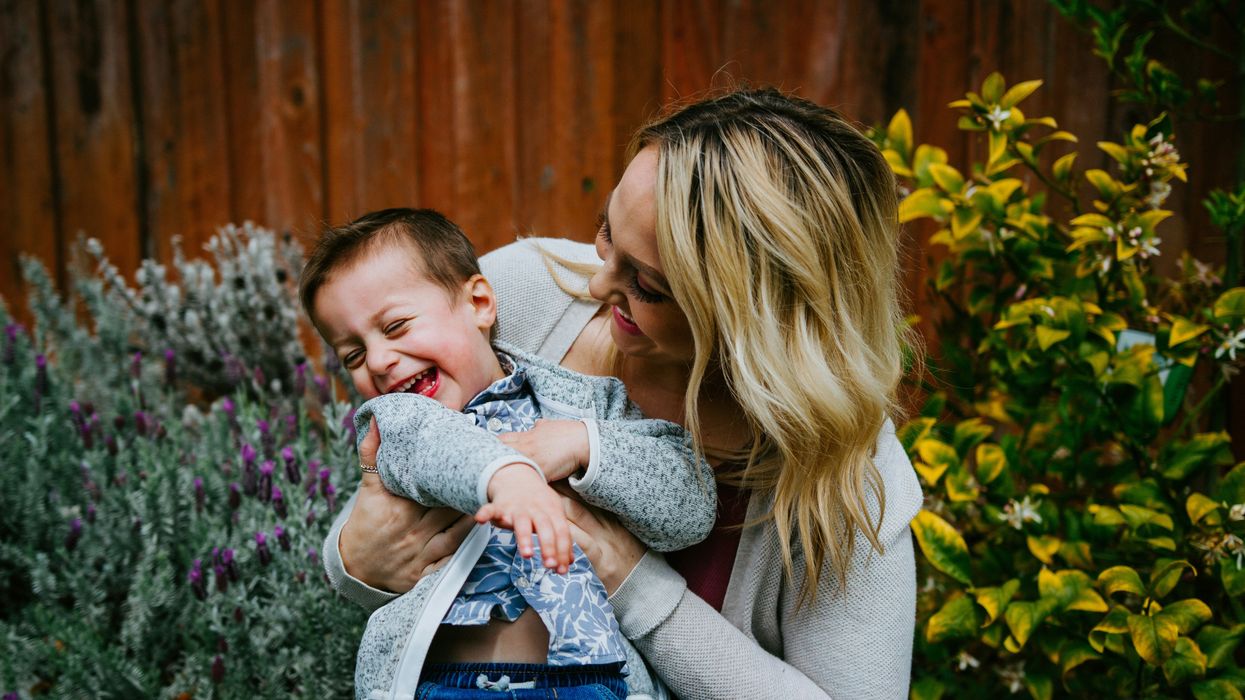We have officially entered *peak* flu season, according to the Centers for Disease Control and Prevention (CDC). February is the peak month for flu activity. So if you have kids, this time of year you're more than likely to be home taking care of a sick one or two.
To help you feel better prepared, TikToker and pediatrician Dr. Lauren Hughes (@bloomdpc) shared a video with her TikTok followers and fellow parents filled with her advice and suggestions for all parents who are currently taking care of sick kids.
"I am fully expecting to also be riding the pukey poopy train in 3 days," she captioned the video. "I’m Dr. Hughes. I’m a board-certified pediatrician, IBCLC, wife, mom, and owner/founder/lead physician of Bloom Pediatrics."
@bloomdpc I am fully expecting to also be riding the pukey poopy train in 3 days I’m Dr. Hughes. I’m a board-certified pediatrician, IBCLC, wife, mom, and owner/founder/lead physician of Bloom Pediatrics. Disclaimer: The posts on this account are for general information and entertainment, not intended as medical advice. I am a pediatrician, but interacting with or following this account does not establish a doctor-patient relationship nor does this information replace the advice of your own doctor. #pediatrician #mom #sickkids #fever #pediatricianmom #kc #kcmo #kansascity #parenting #parentingtip
"Reminders if you are also home with a sick kid, because everybody is home with a sick kid right now," she says in the video. She jumps into four helpful tips for parents to keep in mind as they care for their sick kiddos.
1. You do not have to treat fevers.
"If your kid is comfortable, you can let them have a fever. It's okay. You also don't want to put them in a bath or try to make them colder to bring their fever down. That's not going to do anything but make them uncomfortable," says Dr. Hughes.
She goes on to explain that whenever your kid has a fever, they are actively trying to warm up. "Let them bundle up and be comfortable because that is going to help them get better. The fever is there for a reason. However, if your child is uncomfortable, please give them medicine to help them be comfortable regardless of their temperature."
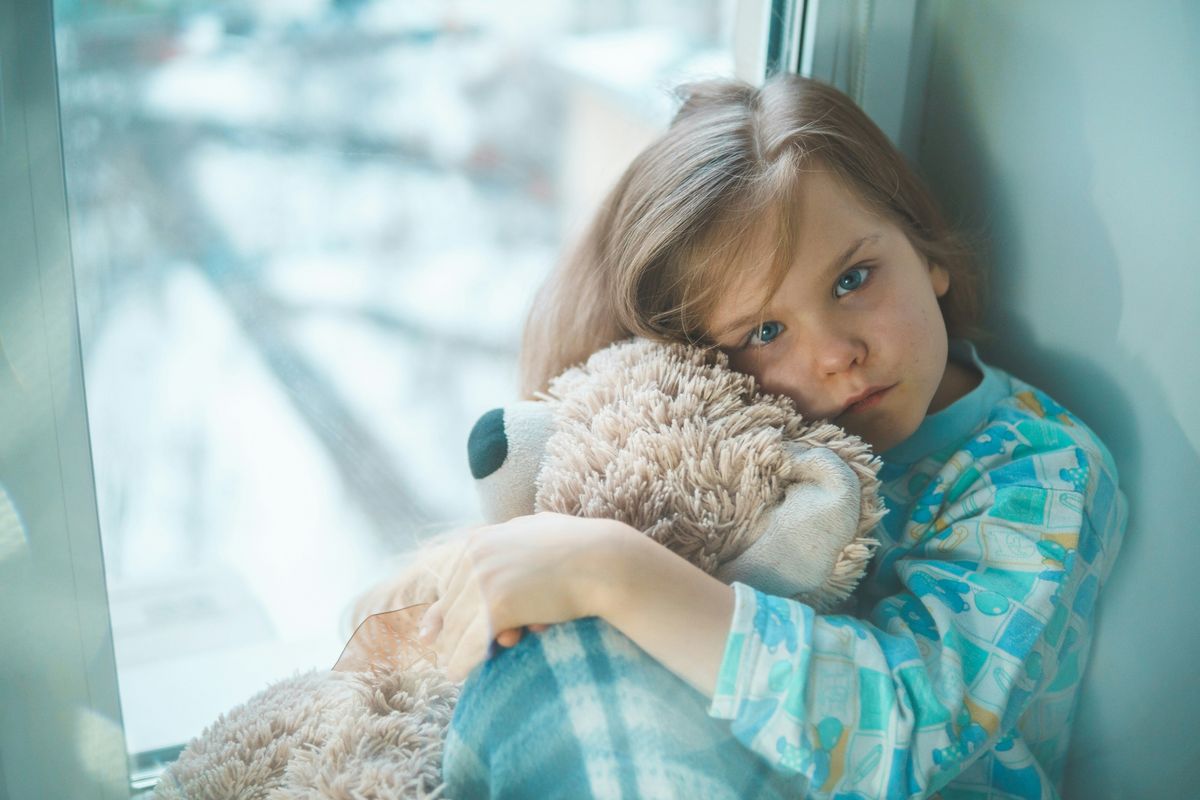
2. If your child doesn't want to eat, it's okay.
Dr. Hughes notes that when kids are sick, a lot of times they don't want to eat. "That's okay," she says. "Drinking is the most important thing. They need to be drinking, drinking, drinking. Your goal is at least three episodes of urination in 24 hours. If they have less than that, you need to be seen."
3. Your child may be breathing faster.
"When they have a fever, their heart rate is gonna go up as a compensatory thing. Then, their respiratory rate is going to go up. So they're gonna breathe a little bit faster, and that's okay," says Dr. Hughes.
However, you should be concerned if your child is having trouble breathing. "You can be breathing a little bit faster, but if you're not struggling it's okay," she adds.
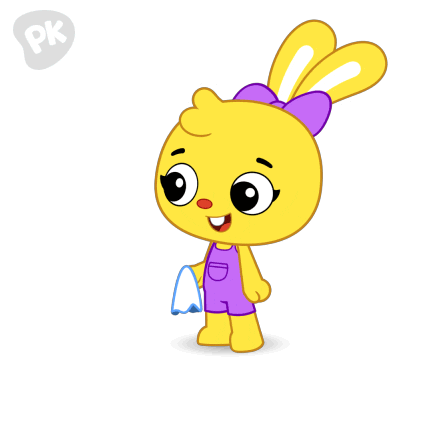
4. If your child is vomiting, do small, frequent sips of liquid.
"You're not gonna have them chug because that's just gonna come right back out. Your tummy is trying to get rid of things," says Dr. Hughes. "So you want to do small frequent sips so you don't overwhelm their stomach and they can keep things down as much as possible. And they're gonna be sleeping a lot."
Many parents appreciated the helpful video, and shared more in the comment section. "As a mom with severe medical anxiety fueled by my OCD…. Posts like this bring me so much peace and help me so much," one wrote. And another added, "Thank you for this super practical and calm advice." Another shared, "I’ve been a mom for 12 years and you just reaffirmed everything I do and I greatly appreciate it!"











